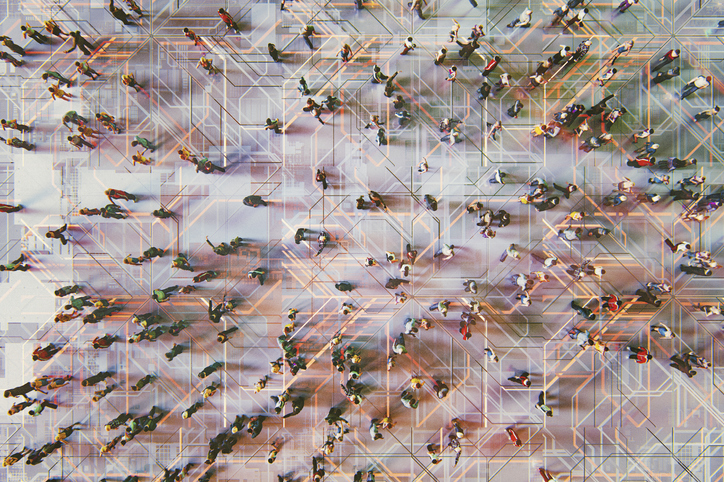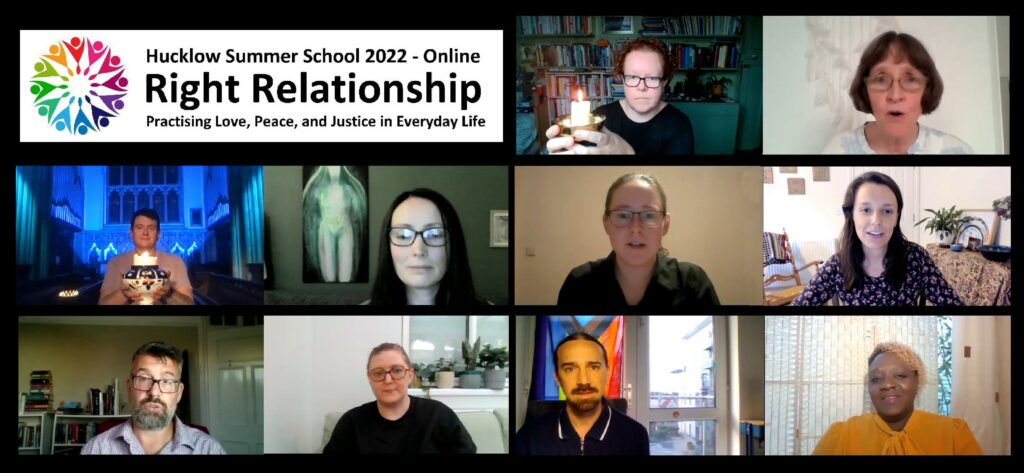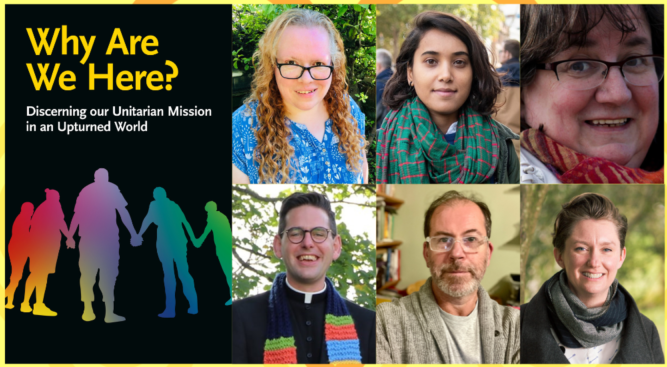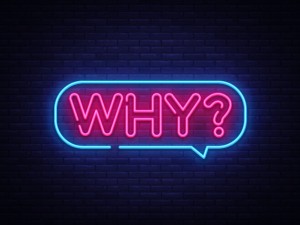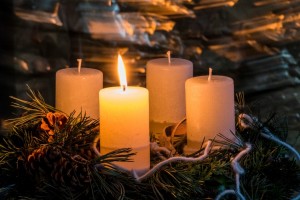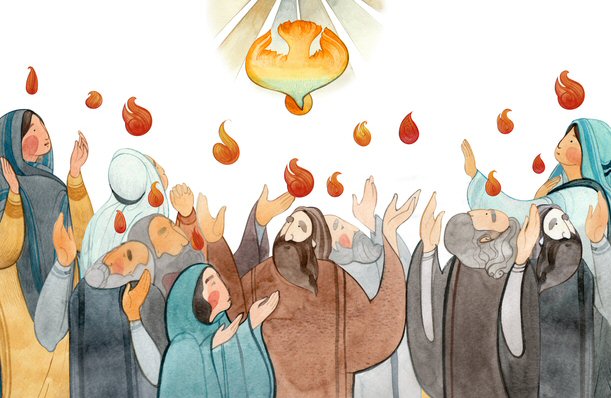
Reflection #71 (28th May 2023 at Essex Church / Kensington Unitarians)
These days, people quite frequently ask me to explain what Unitarianism is, and how it relates to the Christian tradition, and other better-known religious paths. All sorts of people ask; often in settings where we don’t have a lot of time to talk and we know we’ll probably never meet again.
On days when I get a taxi home from church the cab driver will almost invariably ask “what sort of church is that then?” (and often they’ll follow up with something that amounts to “is it a proper church or just one you made up?”… which is a conversation for another day perhaps).
And just this week we had a bunch of medics from the Physician Response Unit in our living room – this is the mobile A&E team which more usually follows the air ambulance around as a ground crew – they were sent out to give my dad, who is in the midst of immunotherapy, some treatment at home (so as to avoid taking him into hospital where he would be at increased risk of infection). And while they were doing their thing – marvellously, miraculously taking care of my old man – one of them struck up a conversation which rapidly took us deep into the same territory. Remarkably, this paramedic had heard of Unitarians, he had some thoughtful questions to ask about our way of doing things, and (without prompting) he noted the similarities between our outlook and his own.
Read more

